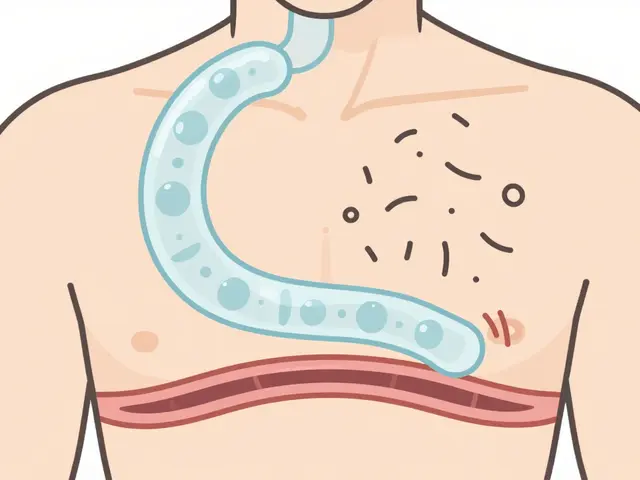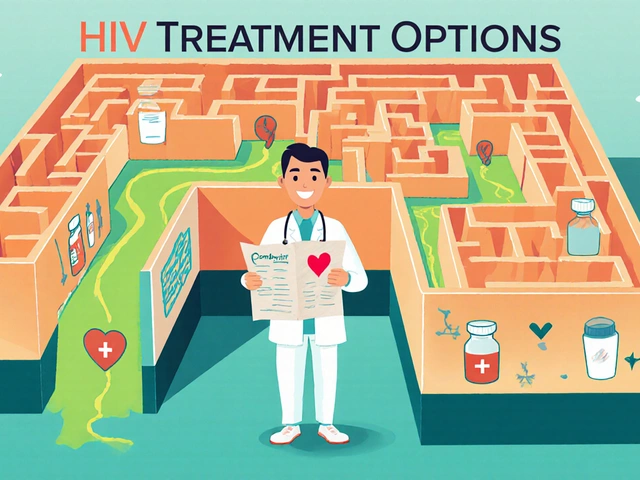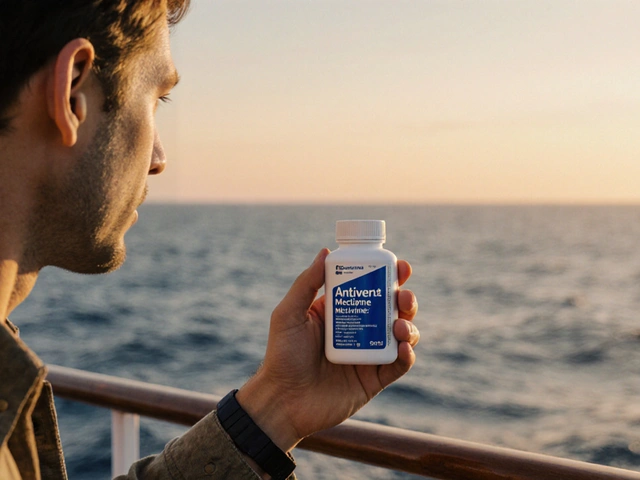Elderly medication care: smart, simple steps to stay safer
Older adults take more medicines than younger people, and that raises the chance of problems. Want clear, practical steps you can use today? This tag gathers short, useful guides about medicines, side effects, storage, and what to watch for when you care for an older person.
Quick safety checklist for older adults and meds
Keep one current medication list with doses and reasons. Share it with every clinician and the pharmacy. Ask about drug interactions anytime a new medicine is offered — even common over-the-counter sleep aids or antacids can matter. Use a single pill container or weekly organizer to avoid missed or double doses. For medicines that need monitoring (like amiodarone/Cordarone or nitrates), set calendar reminders for blood tests, eye checks, or follow-up visits.
Store meds properly: temperature and humidity can reduce drug strength. Tacrolimus and some other drugs need careful handling—follow label instructions or pharmacist advice. Throw away expired medicines and keep all pills out of reach if memory issues are present.
Alcohol can change how some medicines work. A good example: spironolactone may increase side effects when mixed with alcohol. Ask your prescriber if a drink or two is safe with any medicine you take.
Recommended reads on this tag
Not sure where to start? These posts are written for real-world decisions:
- Exelon: Rivastigmine for dementia — How the drug helps memory and what side effects to watch for, with tips on dosing and caregiver support.
- Cordarone (amiodarone) — Clear safety steps for people on this strong antiarrhythmic: monitoring tests, when to call your doctor, and common reactions.
- Melphalan in the elderly — Practical look at risks and benefits of chemotherapy in older patients and ways to reduce side effects.
- How long to take alendronate — Real guidance on osteoporosis drug duration and how doctors decide when to pause or continue therapy.
- Nitrate medications — What long-term nitrate use means for heart health and how to avoid tolerance and side effects.
- Preventing blood clots after anesthesia — Actionable steps you can take after surgery to lower clot risk, including movement and compression tips.
- Meclizine for vertigo — When over-the-counter meclizine helps, and when dizziness needs a doctor’s exam.
- Spironolactone and alcohol — Straight talk about interactions and safe choices.
Each article links practical steps to ask your doctor and simple ways to reduce risk at home. Use the tag to find focused reading: click topics that matter to you — dementia, heart meds, bone health, or drug interactions.
If something feels off after a new medicine — more tired, dizzy, short of breath, or with swelling — contact your clinician right away. Small changes can be early warning signs. Keep records, ask direct questions, and bring a trusted person to appointments when possible.
This tag is meant to help you make medicine safer for older adults without medical jargon. Read the short guides, save the checklists, and talk to your provider about what fits your situation.

Chronic Hepatitis B and the Elderly: What You Need to Know
As a blogger, I feel it's essential to spread awareness about chronic Hepatitis B, especially in the elderly population. This viral infection affects the liver and can lead to severe health complications if left untreated. It's crucial for our elderly loved ones to get screened and vaccinated, as their immune systems may be weaker, making it harder for them to fight off infections. Additionally, proper care and management of the condition can help prevent the progression of the disease and improve their quality of life. Let's join hands to protect our seniors and keep them healthy by spreading awareness about chronic Hepatitis B.
View More




